There are two tragedies in life. One is to lose your heart's desire. The other is to gain it
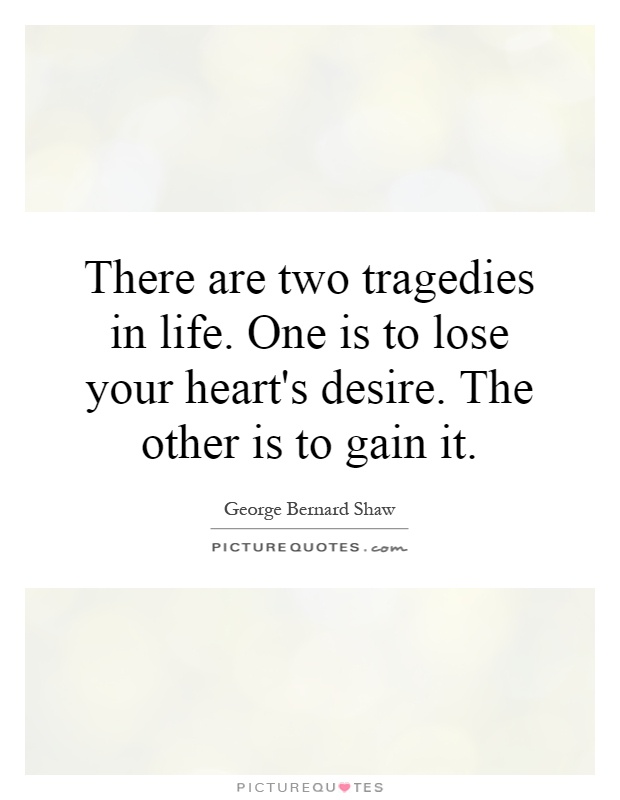
There are two tragedies in life. One is to lose your heart's desire. The other is to gain it
George Bernard Shaw, the renowned Irish playwright and critic, once famously said, “There are two tragedies in life. One is to lose your heart's desire. The other is to gain it.” This profound statement encapsulates the complex and often contradictory nature of human desires and aspirations.Shaw’s words suggest that the pursuit of one’s heart’s desire can lead to both joy and sorrow. On one hand, achieving one’s deepest desires can bring a sense of fulfillment and satisfaction. It can validate one’s efforts and provide a sense of purpose and meaning in life. However, on the other hand, gaining one’s heart’s desire can also come with its own set of challenges and consequences.
For instance, when one finally achieves their long-held dream or goal, they may realize that it does not bring the happiness or fulfillment they had anticipated. The reality of attaining their heart’s desire may fall short of their expectations, leaving them feeling empty or disillusioned. In some cases, the pursuit of a desire may lead to unintended consequences or sacrifices that can overshadow the initial joy of achieving it.
Moreover, Shaw’s statement also highlights the inherent impermanence of human desires. What we desire today may not be what we desire tomorrow. Our desires are constantly evolving and changing, influenced by our experiences, circumstances, and personal growth. This fluidity of desires can make it difficult to find lasting satisfaction or contentment, as we are always striving for something new or different.
In the context of Shaw’s own life and work, his statement can be seen as a reflection of his own struggles and contradictions. As a prolific writer and social critic, Shaw was constantly challenging societal norms and questioning the status quo. His desire to provoke thought and spark change through his writing was both a source of fulfillment and frustration for him. Shaw’s own life was a testament to the complexities and contradictions of human desires, as he grappled with the consequences of his own success and the limitations of his own ambitions.
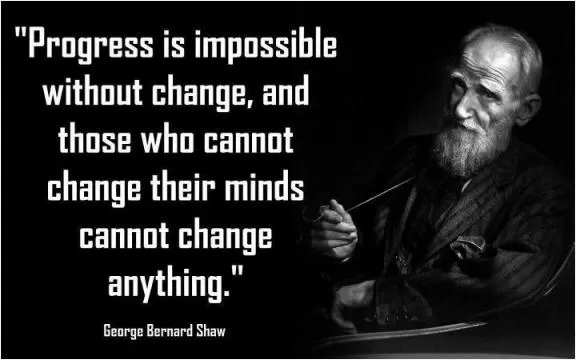

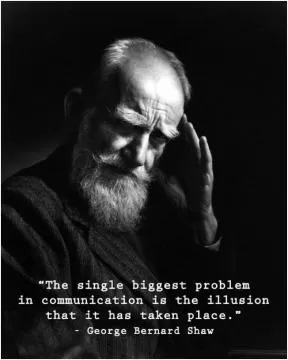
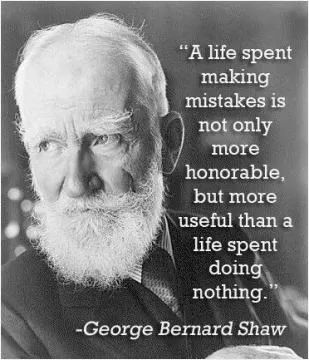

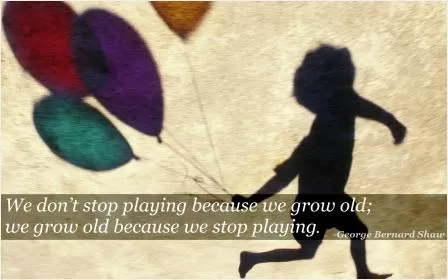






 Friendship Quotes
Friendship Quotes Love Quotes
Love Quotes Life Quotes
Life Quotes Funny Quotes
Funny Quotes Motivational Quotes
Motivational Quotes Inspirational Quotes
Inspirational Quotes